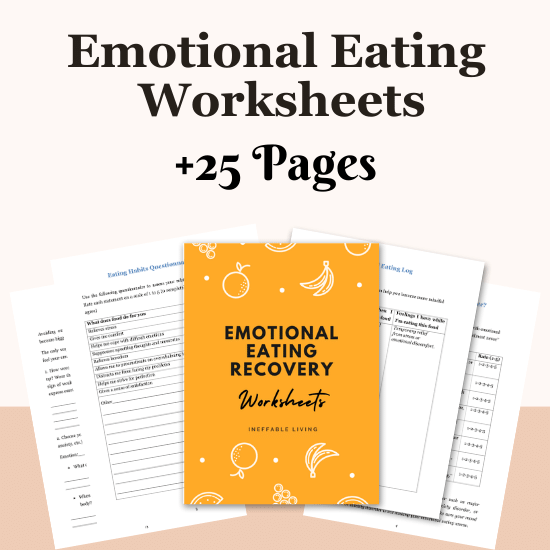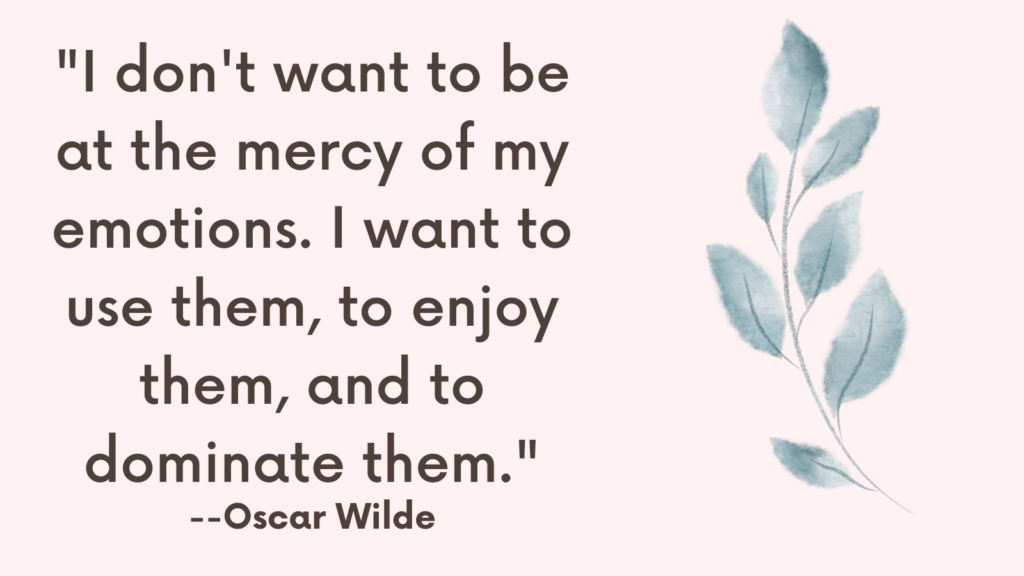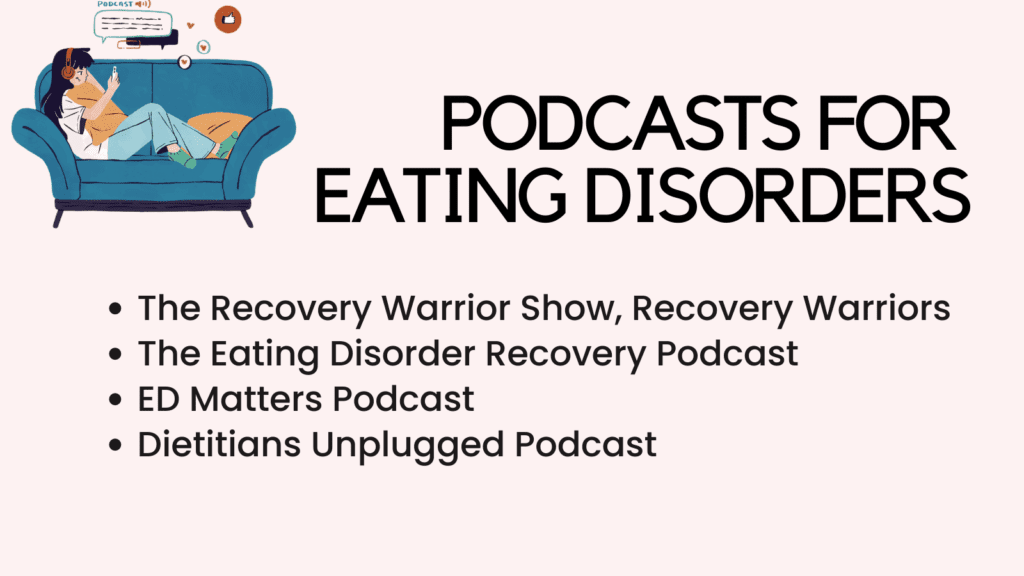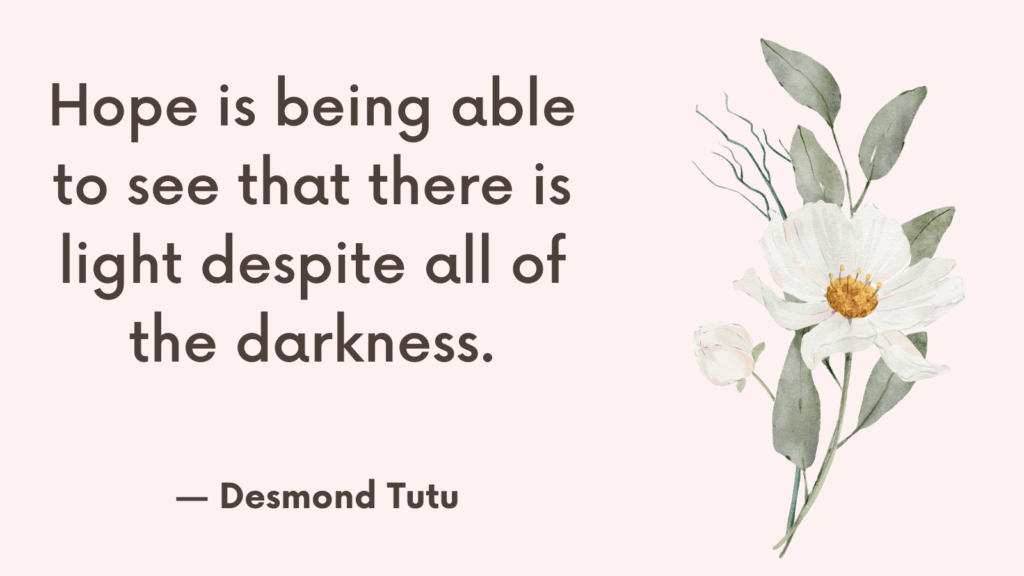In this post, you’re going to discover the answer to the question “why am i always thinking about food” and learn ways to stop food addiction.
Why Am I Always Thinking About Food?
Continual preoccupation with thoughts of food can be influenced by a variety of psychological, physical, and environmental factors.
1. Biological Factors:
Hunger is a natural physiological response indicating that the body requires energy.
However, some individuals may experience dysregulated hunger cues due to hormonal imbalances or medical issues such as hyperthyroidism, diabetes, or other metabolic conditions.
Genetics can also play a role in appetite regulation and food preferences.
2. Psychological Factors:
Food-related thoughts can be amplified by emotional states, such as feeling stressed, anxious, or depressed.
Sometimes, people use food as a coping mechanism to relieve negative emotions, leading to patterns of emotional eating.
Obsessive-compulsive tendencies might also manifest through preoccupations with food and eating.
3. Nutritional Deficiency:
A diet lacking in essential nutrients can lead to increased food fixation, as the body sends signals to correct deficiencies.
For example, an iron deficiency could increase cravings for iron-rich foods.
4. Dieting and Restriction:
Dieting or restrictive eating can lead to an increased preoccupation with food, as the body perceives restricted intake as a form of starvation.
The psychological impact of restriction can cause an obsession over what, when, and how much to eat.
Related: Why Do I Feel Guilty After Eating? 7 Steps to Stop Food Guilt
5. Eating Disorders:
Conditions such as anorexia nervosa, bulimia nervosa, binge-eating disorder, or other specified feeding and eating disorders (OSFED) often involve excessive thoughts about food. In such cases, thoughts about food may relate to complex issues about body image, self-esteem, and control.
6. Sociocultural Influence:
Society’s focus on diet culture, fitness, and body image can contribute to constant thoughts about food and self-regulation.
Advertising, social media, and peer influence can significantly impact how individuals think about food and eating.
7. Habituation:
Habitual behavior can trigger thoughts of food.
For instance, if someone routinely snacks while watching TV, they may start associating food with relaxation or entertainment.
8. Environmental Cues:
Exposure to food-related stimuli, such as the smell of cooking, images of food, or talking about food, can trigger thoughts and cravings, even in the absence of hunger.
9. Lifestyle Factors:
A lack of sleep or physical activity can disrupt hormonal balance, which may lead to increased hunger and preoccupation with food.
Similarly, busy lifestyles and lack of structured meal times can contribute to an irregular eating pattern, prompting more frequent thoughts about the next opportunity to eat.
Related: Best 13 Food Addiction Books
What Is Food Addiction?
Food addiction is a behavioral condition characterized by the compulsive consumption of palatable foods – typically high in sugar, fat, and salt – that trigger dopamine release in the brain, creating a temporary sense of pleasure or reward.
This pattern of behavior shares similarities with substance dependence, including:
– Cravings: Experiencing intense desires for specific types of food, regardless of hunger.
– Loss of control: Finding it difficult to stop eating or control the amount of food consumed, even when not physically hungry.
– Tolerance: Over time, needing to eat more to experience the pleasure or “high” that was initially felt from consuming less food.
– Withdrawal symptoms: Experiencing unpleasant physical or emotional symptoms when the food is not consumed, such as irritability, restlessness, headaches, or mood swings.
– Continuation despite negative consequences: Continuing to overeat despite experiencing negative physical and psychological outcomes, such as weight gain, feelings of guilt, or health issues.
– Inability to cut down: Repeated unsuccessful efforts to decrease or control food intake.
– Significant time or energy spent: Spending a considerable amount of time obtaining, eating, and recovering from excessive food consumption.
Related: How To Break Emotional Eating? Top 8 Powerful Ways To Stop Comfort Eating
How to Stop Food Addiction?
1. Seek Professional Help:
Consult with a psychologist or therapist who specializes in eating disorders and addiction.
They can help you understand the underlying causes of your addiction and develop a personalized treatment plan.
2. Mindful Eating Practices:
Mindfulness helps you become aware of your eating habits, the triggers for compulsive eating, and the sensations of hunger and fullness.
Mindful eating practices encourage you to eat slowly and savor your food without distraction.
Here’s a simple exercise you can try:
– Begin by selecting a small piece of food, such as a raisin, a small cube of cheese, or a piece of chocolate. This exercise can be done with any type of food, but it’s helpful to start with something small and manageable.
– Take a few moments to observe the food in your hand. Notice its texture, color, and shape. Consider its journey from the farm or factory to your hand. Reflect on all the effort and processes that brought this food to you.
– Bring the food to your nose and take several deep breaths, paying attention to any scents or aromas that may arise. Notice how your body reacts to the anticipation of eating.
– When you’re ready, place the food in your mouth, but don’t chew it just yet. Experience the sensation of the food on your tongue. Notice its taste, temperature, and any movements it makes in your mouth.
– Slowly begin to chew the food, taking your time to notice the flavors and textures that emerge. Pay attention to the act of chewing, the sound of your teeth breaking it down, and the changing consistency as it mixes with your saliva.
– Swallow the food when you’re ready, being mindful of the sensation as it moves down your throat and into your stomach.
– Take a moment to reflect on the experience. Notice any thoughts, emotions, or bodily sensations that may have arisen during the exercise.
3. Create a Supportive Environment:
Surround yourself with supportive friends and family members who understand your goals and can help you stay on track.
Consider joining a support group with others who struggle with similar issues.
Related: What NOT To Say To Someone With An Eating Disorder? (& What to Do Instead)
4. Identify Triggers:
Recognize the emotional and environmental cues that lead to compulsive eating.
Once you know your triggers, you can work on strategies to avoid them or deal with them in healthier ways.
5. Develop Coping Skills:
Learn alternative ways of coping with stress, anxiety, boredom, and other emotions that don’t involve food.
Techniques may include exercise, journaling, creative hobbies, or talking with a friend.
6. Regular Physical Activity:
Regular exercise can improve mood, reduce stress, and help regulate appetite hormones.
Find a form of physical activity that you enjoy and make it a consistent part of your routine.
7. Limit Exposure to Problem Foods:
If certain foods trigger addictive behavior, try to keep them out of your home and avoid situations where those foods are present.
Related: 20 Eating Disorder Journal Prompts To Support Your Recovery
8. Establish Routine Meal Times:
Having set times for meals and snacks can help stabilize blood sugar levels and manage hunger, which can reduce impulsive eating.
9. Get Adequate Sleep:
Lack of sleep can disrupt hormones that regulate hunger and appetite, leading to increased cravings.
Aim for 7-9 hours of quality sleep per night.
10. Continue Education:
Learn as much as you can about food addiction.
Understanding the biological mechanisms and psychological factors can empower you to make informed decisions about your health.
Related: Top 5 Body Dysmorphia Exercises (Cognitive Behavioral Therapy For BDD)

Conclusion
Overcoming food addiction isn’t about exerting more willpower; it’s about developing healthier coping mechanisms, understanding the root of the problem, and making sustainable changes to your lifestyle.



